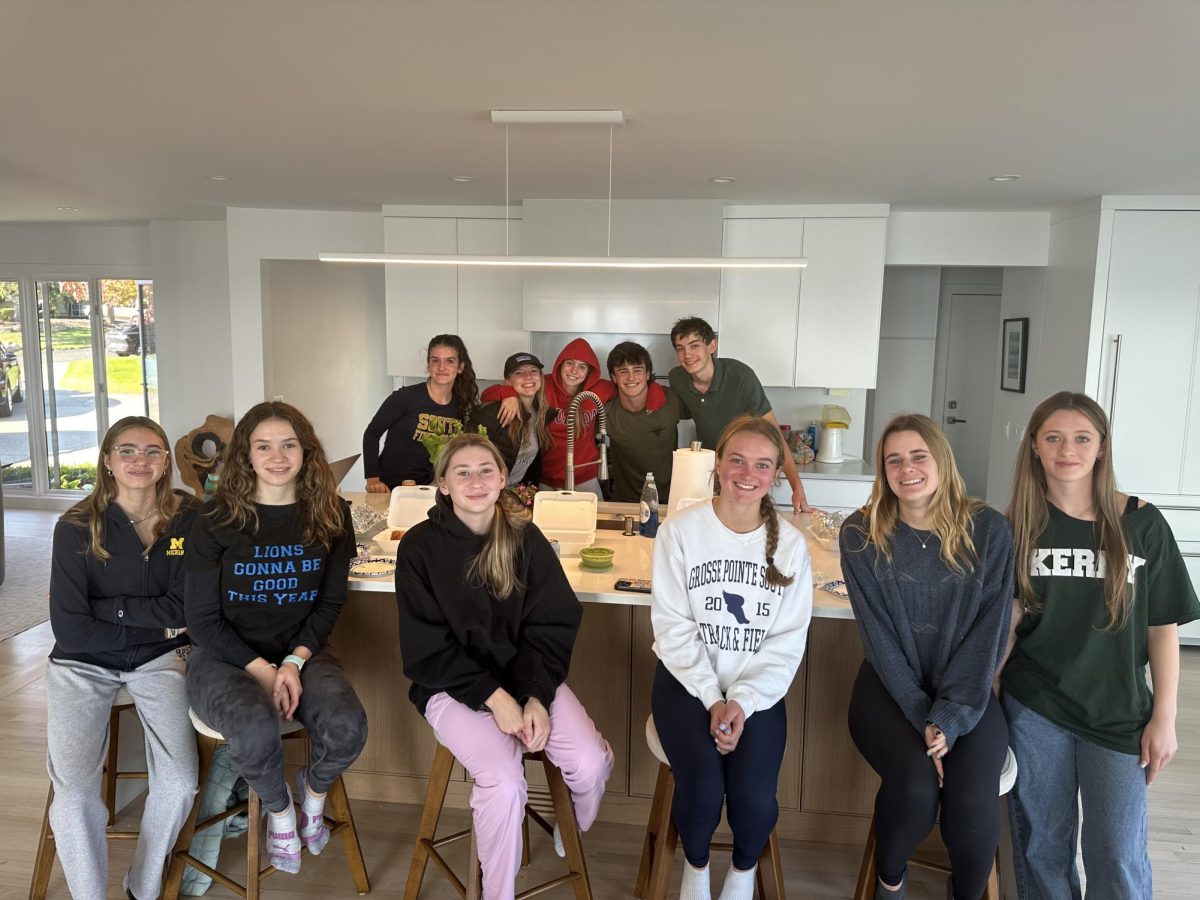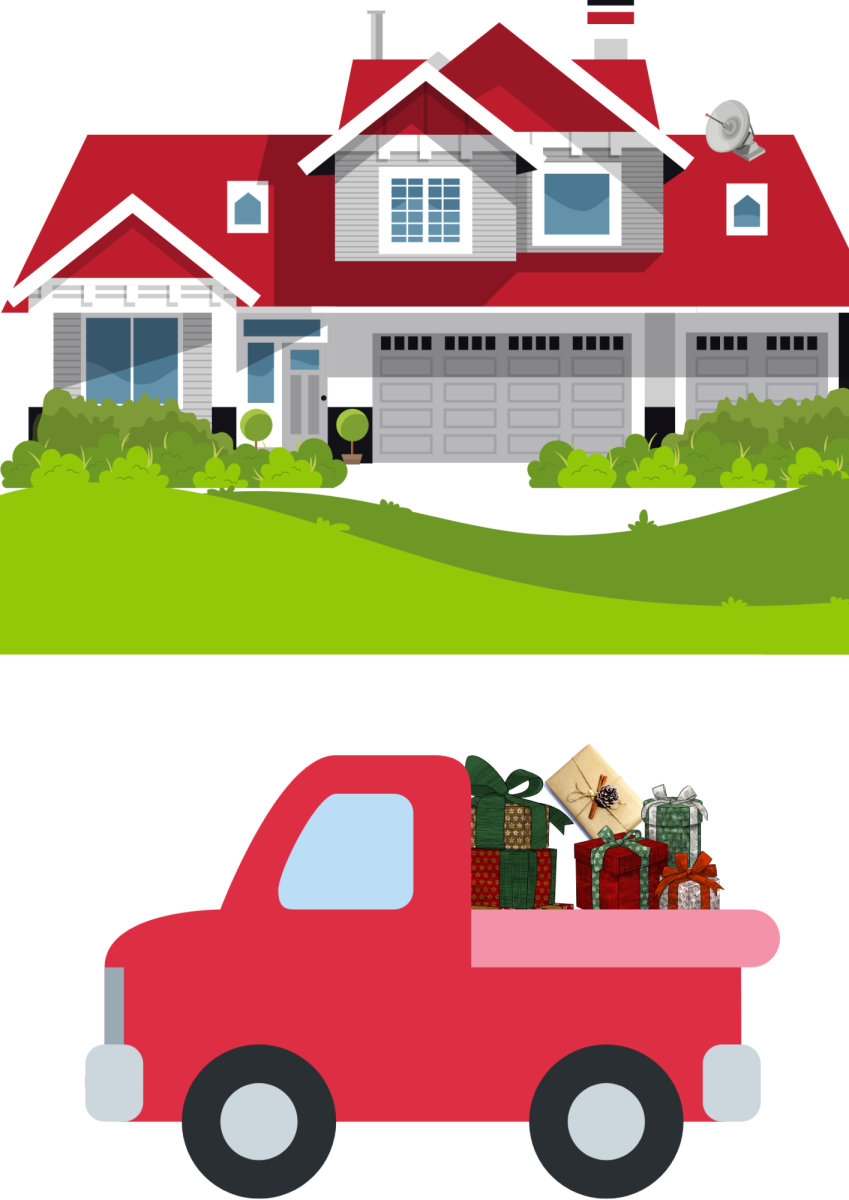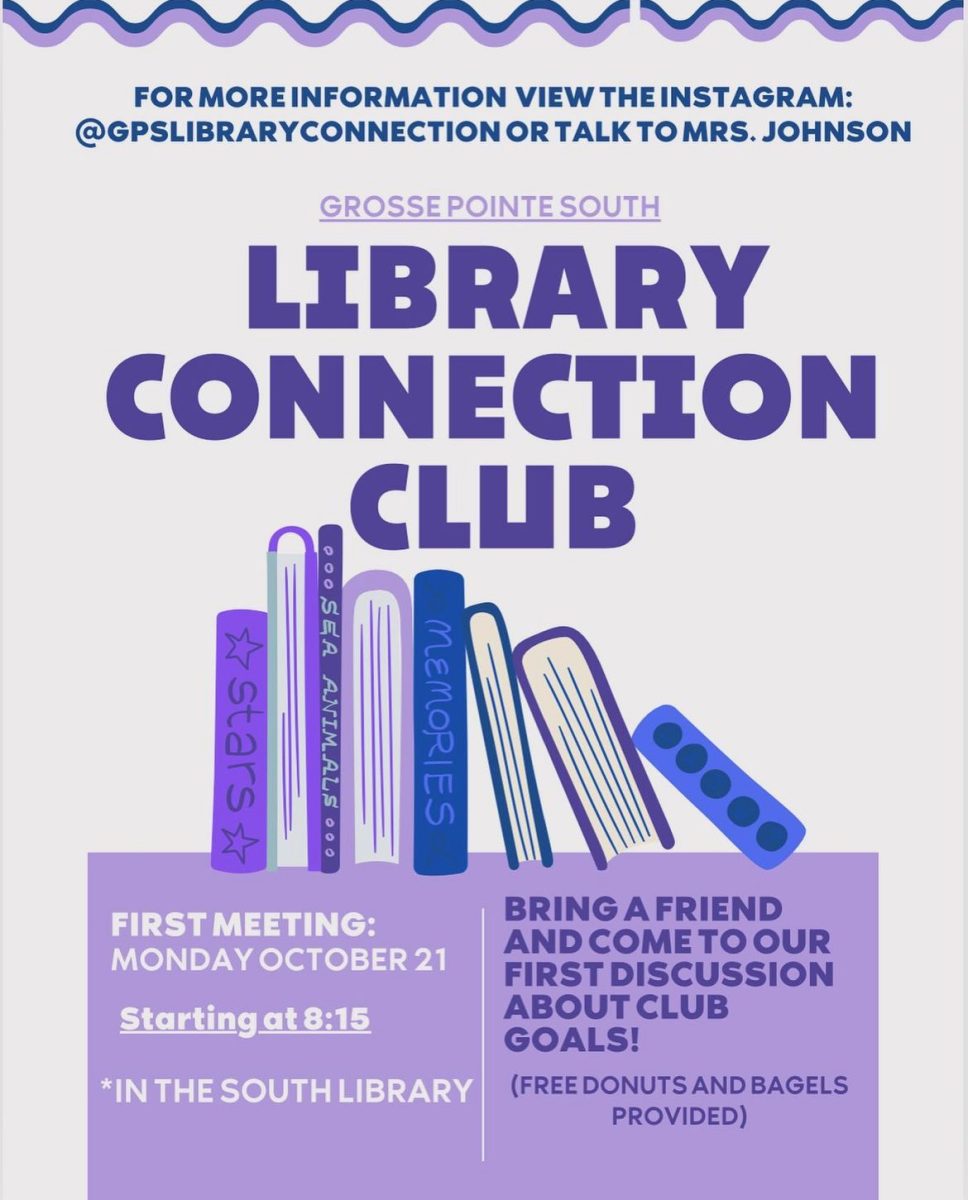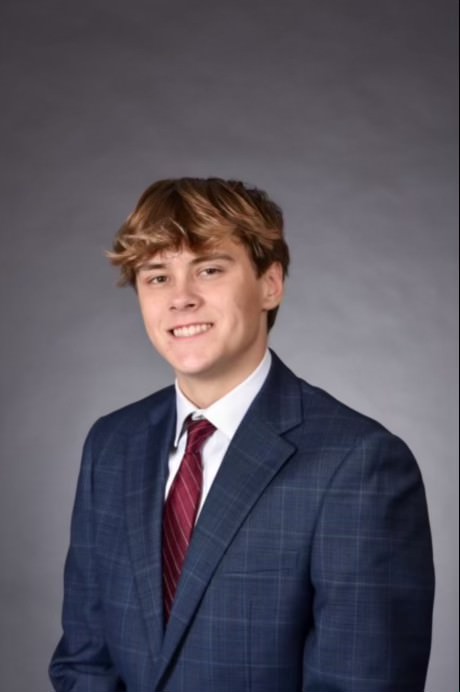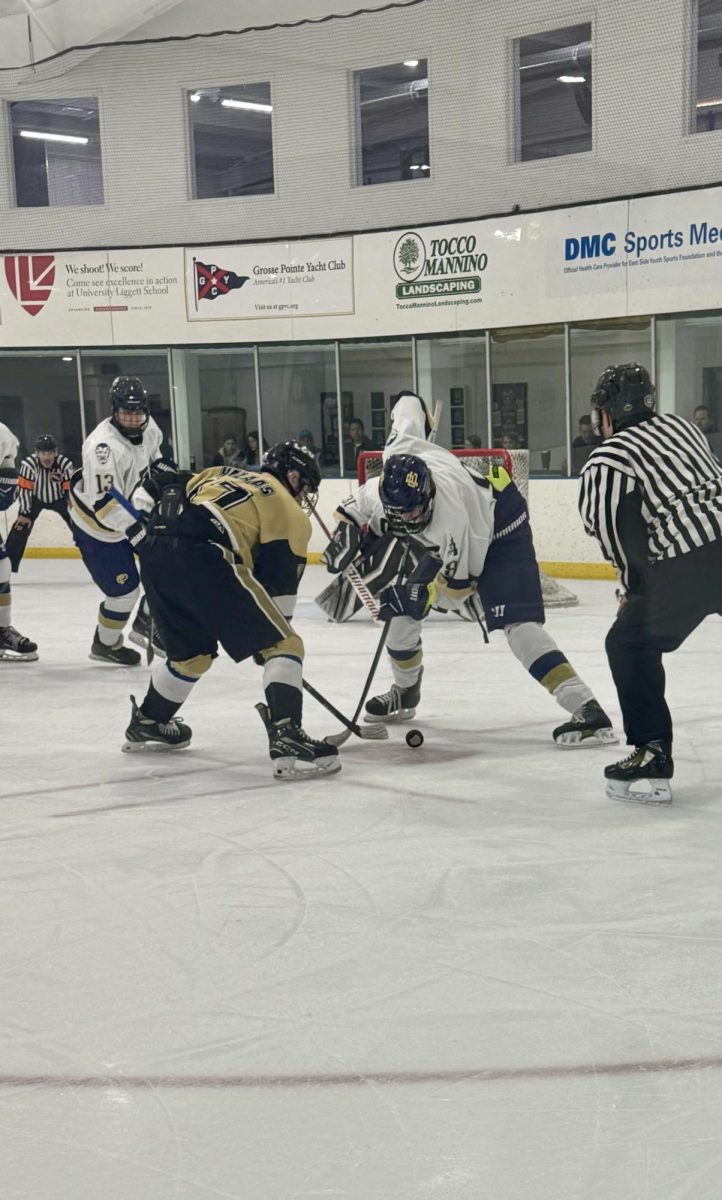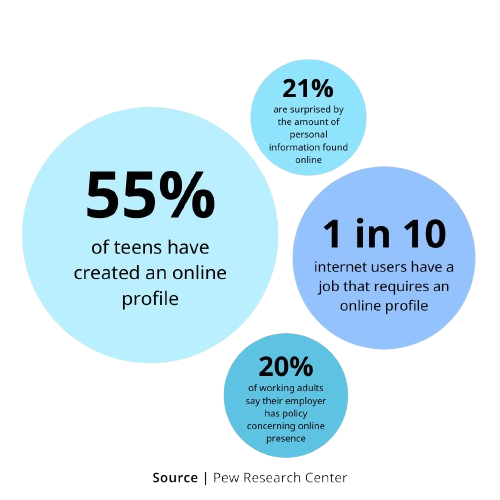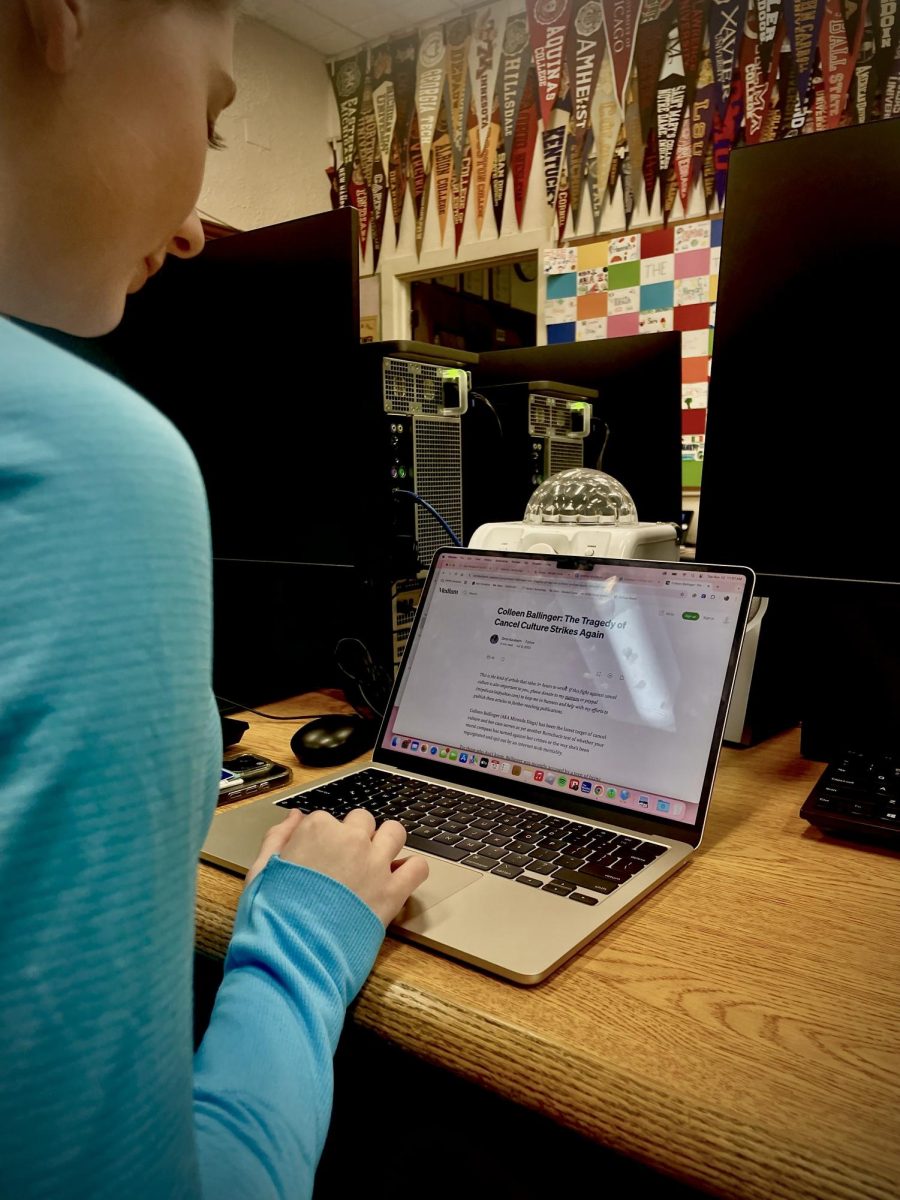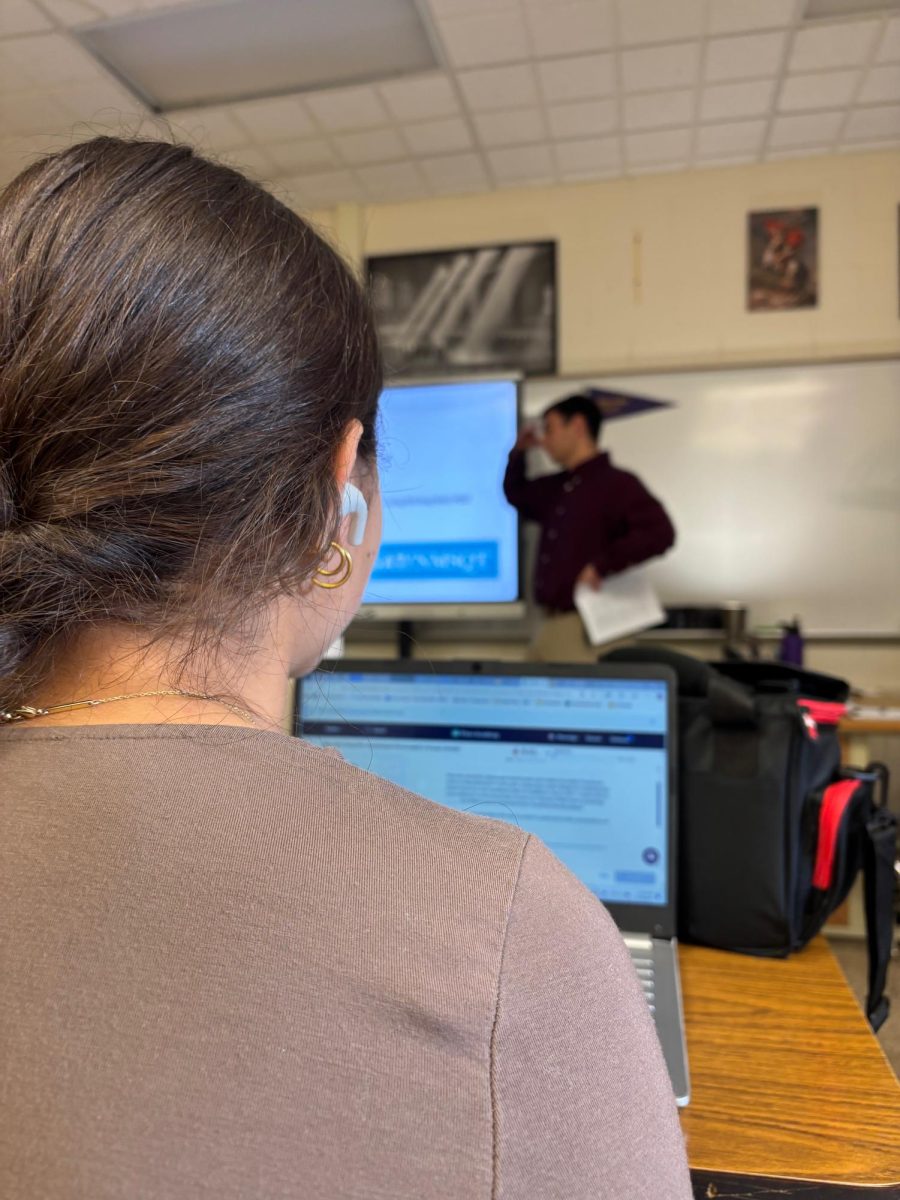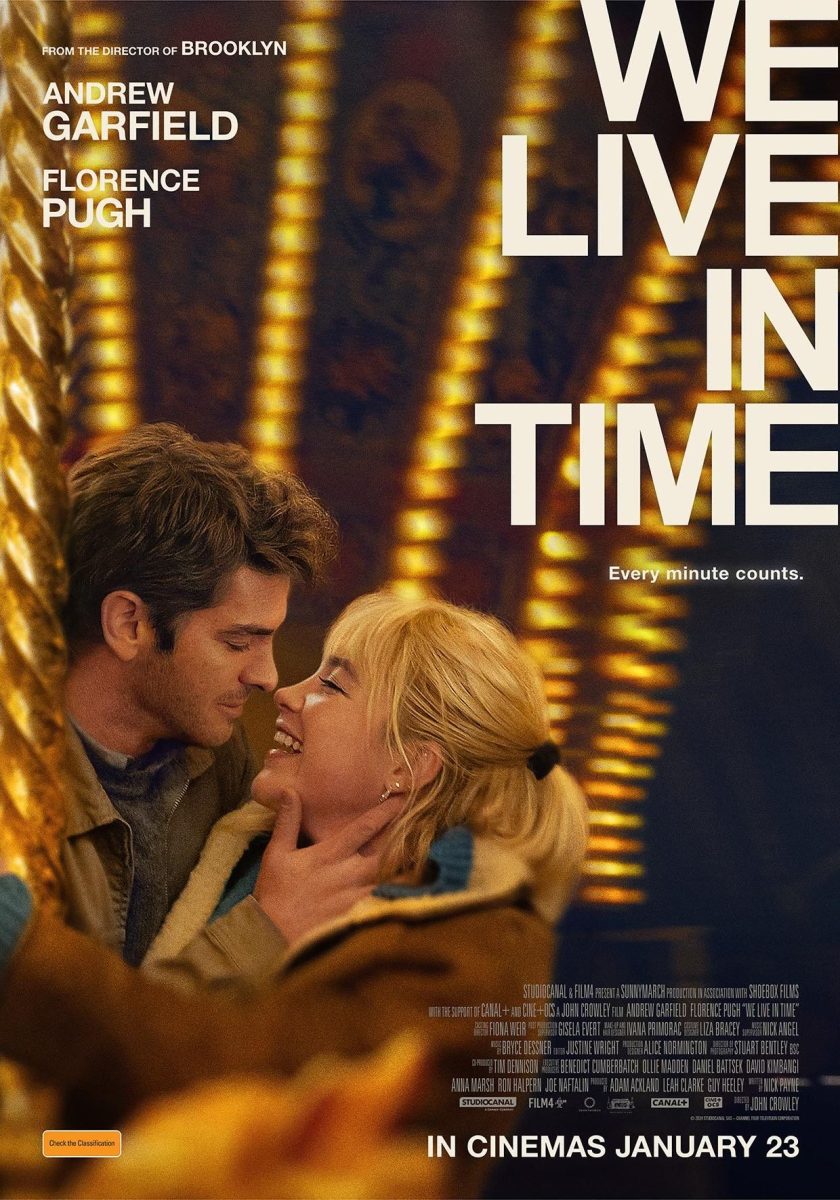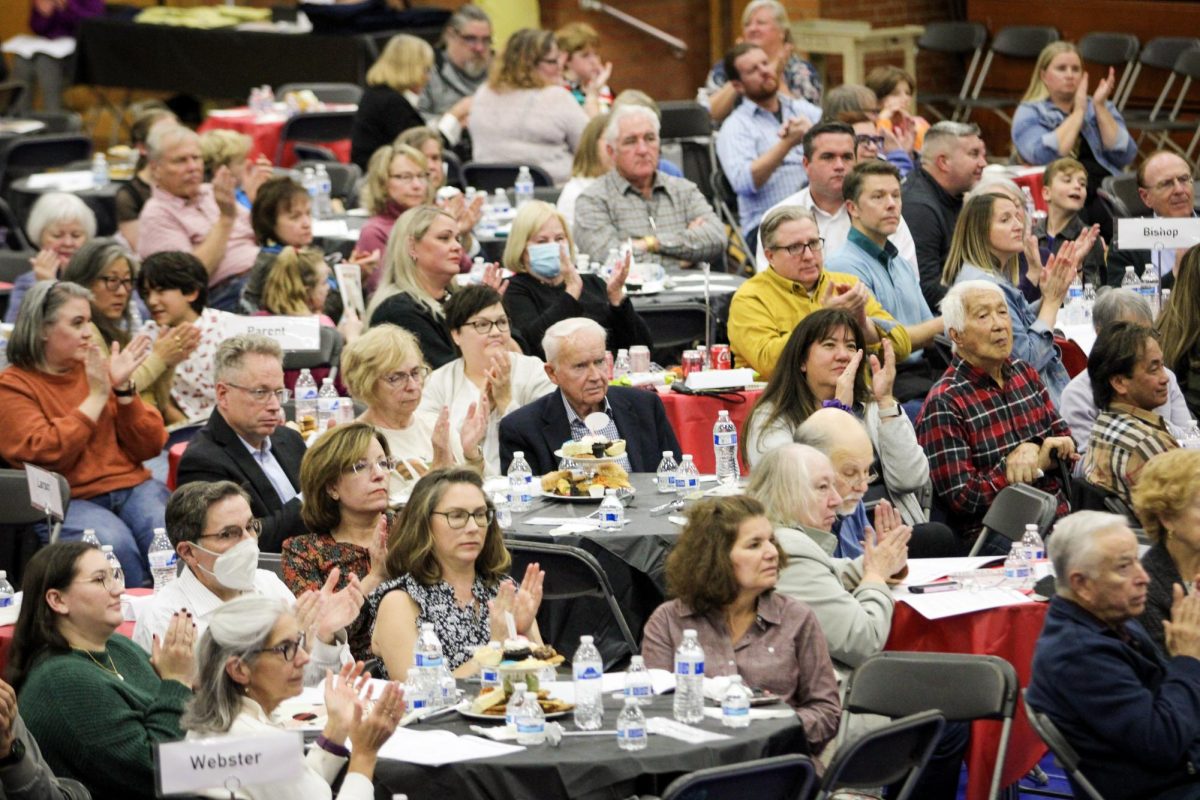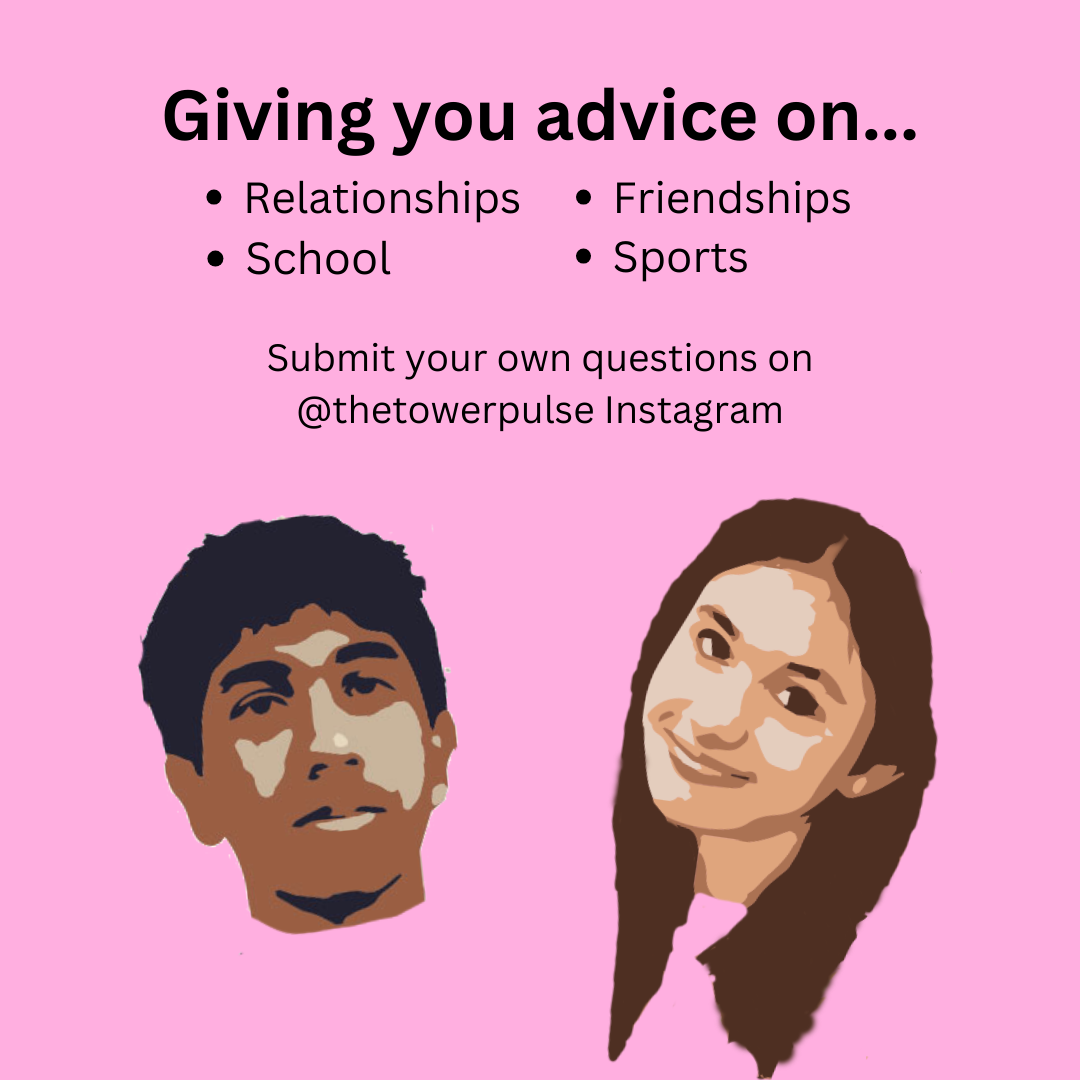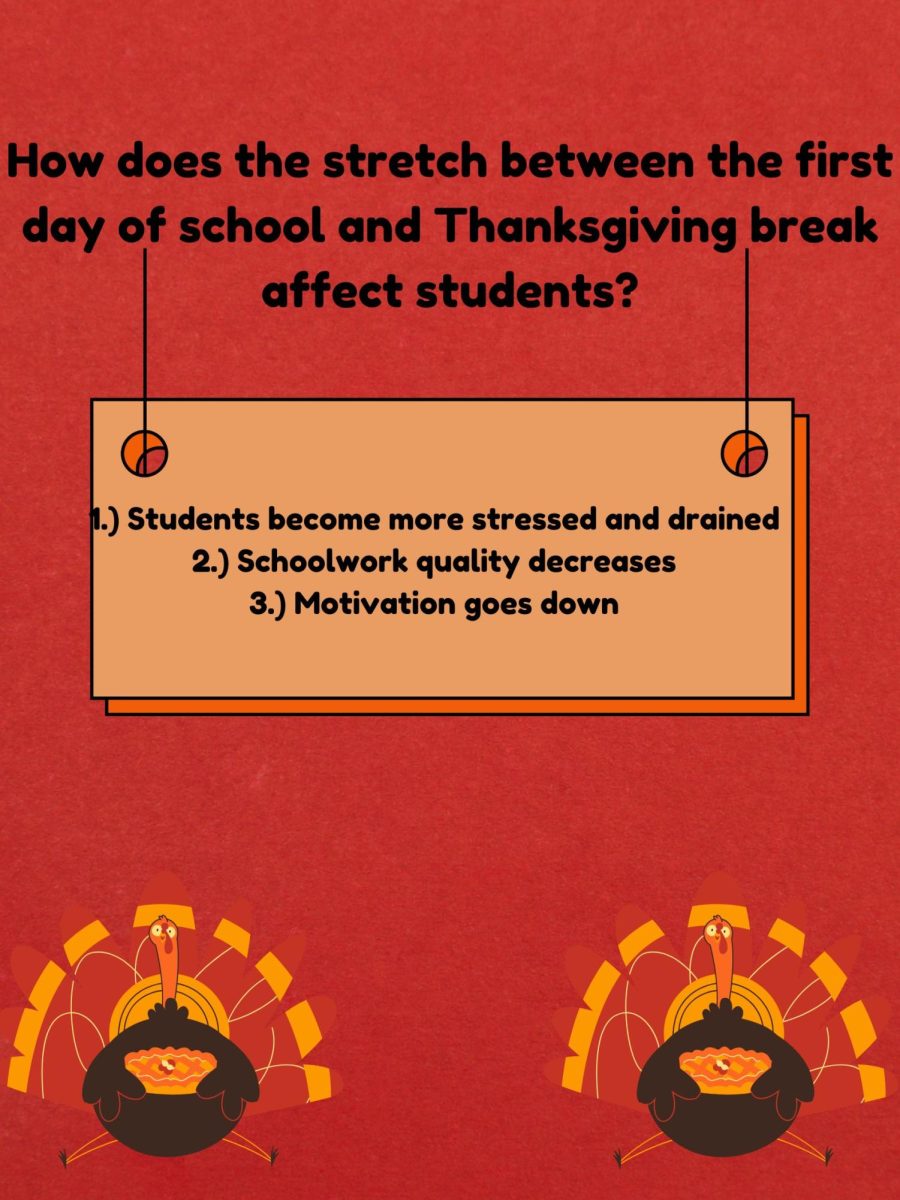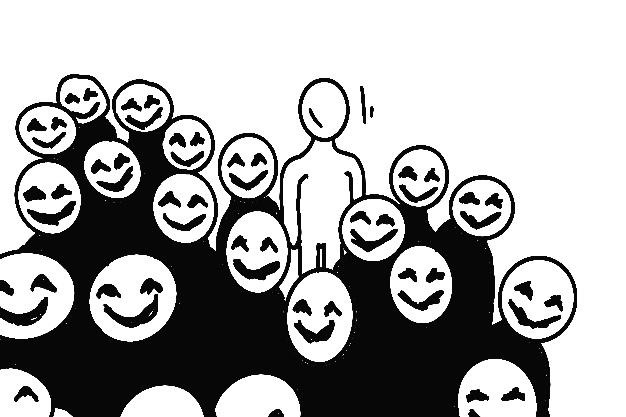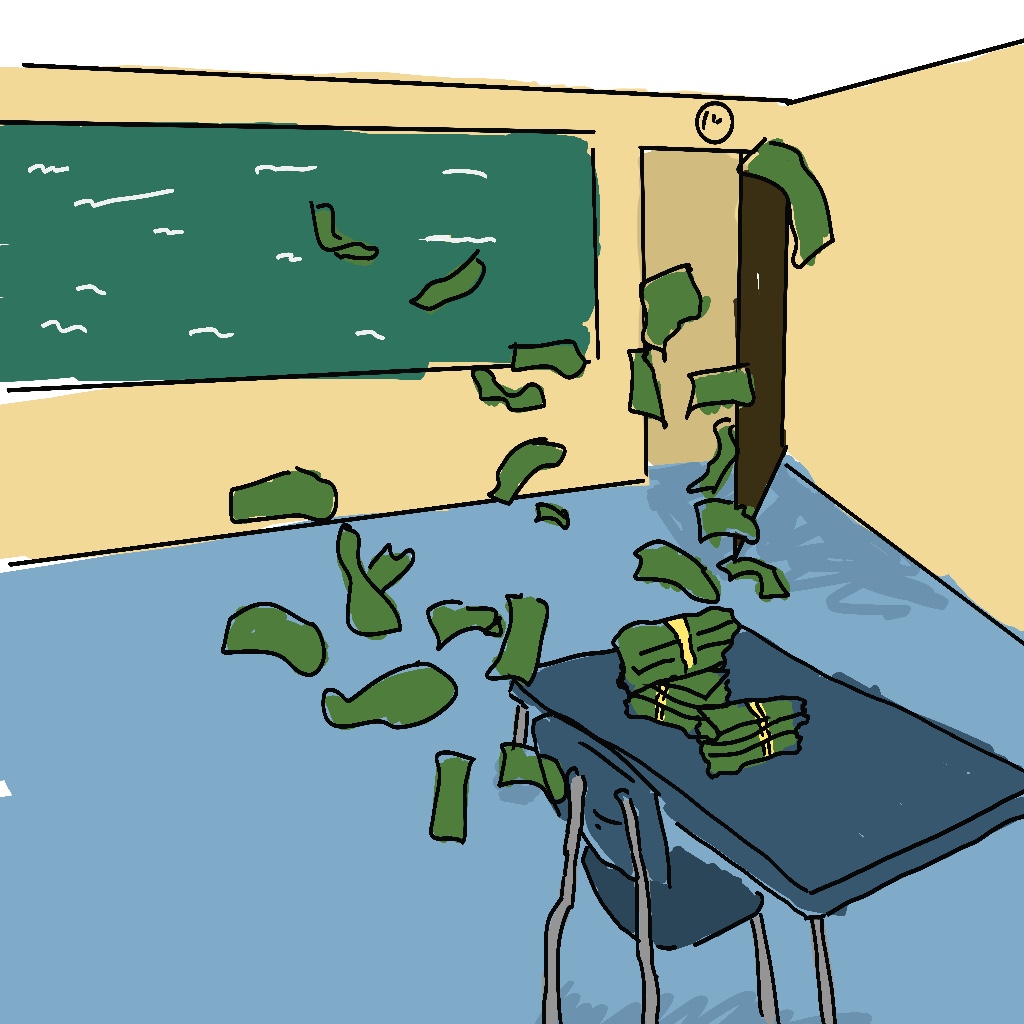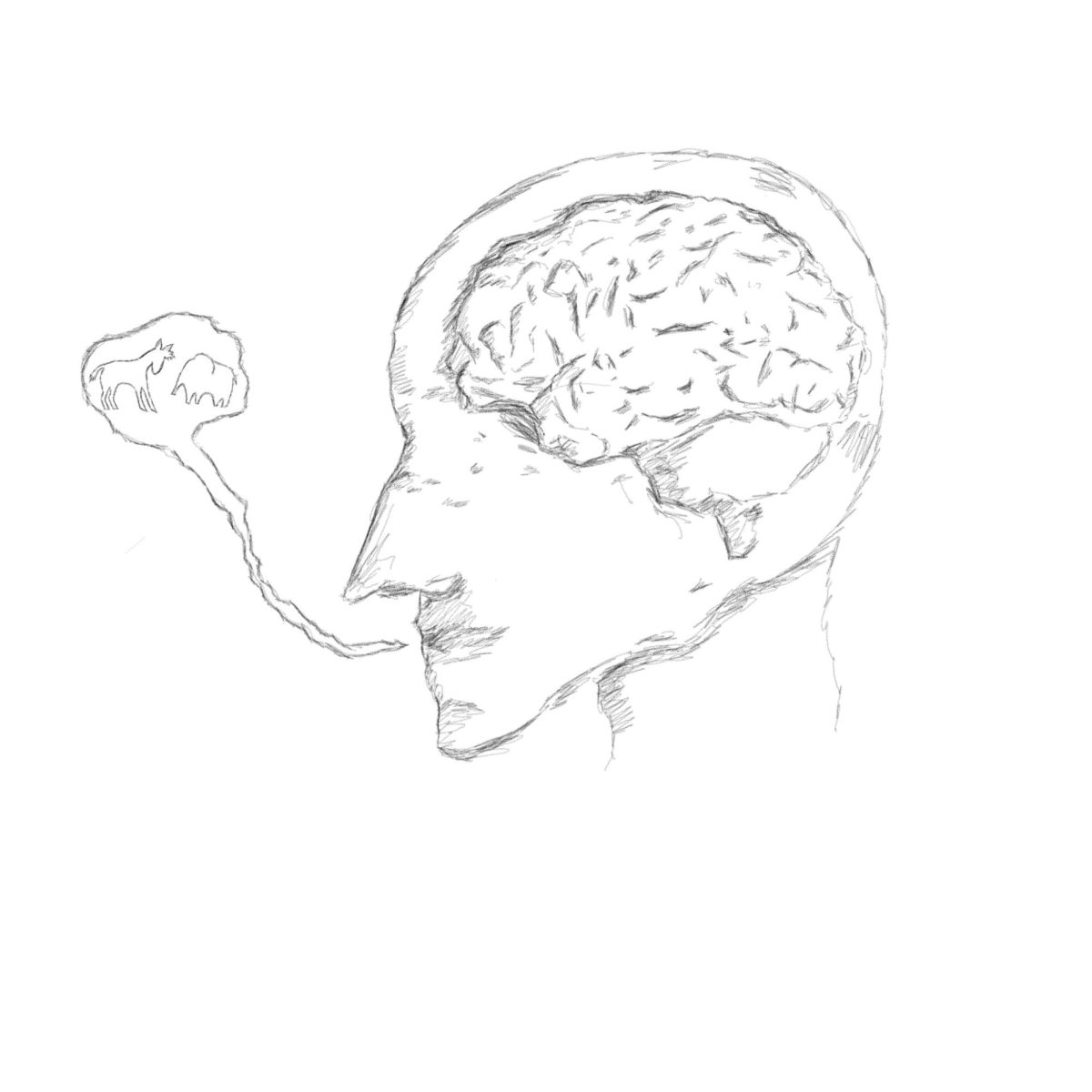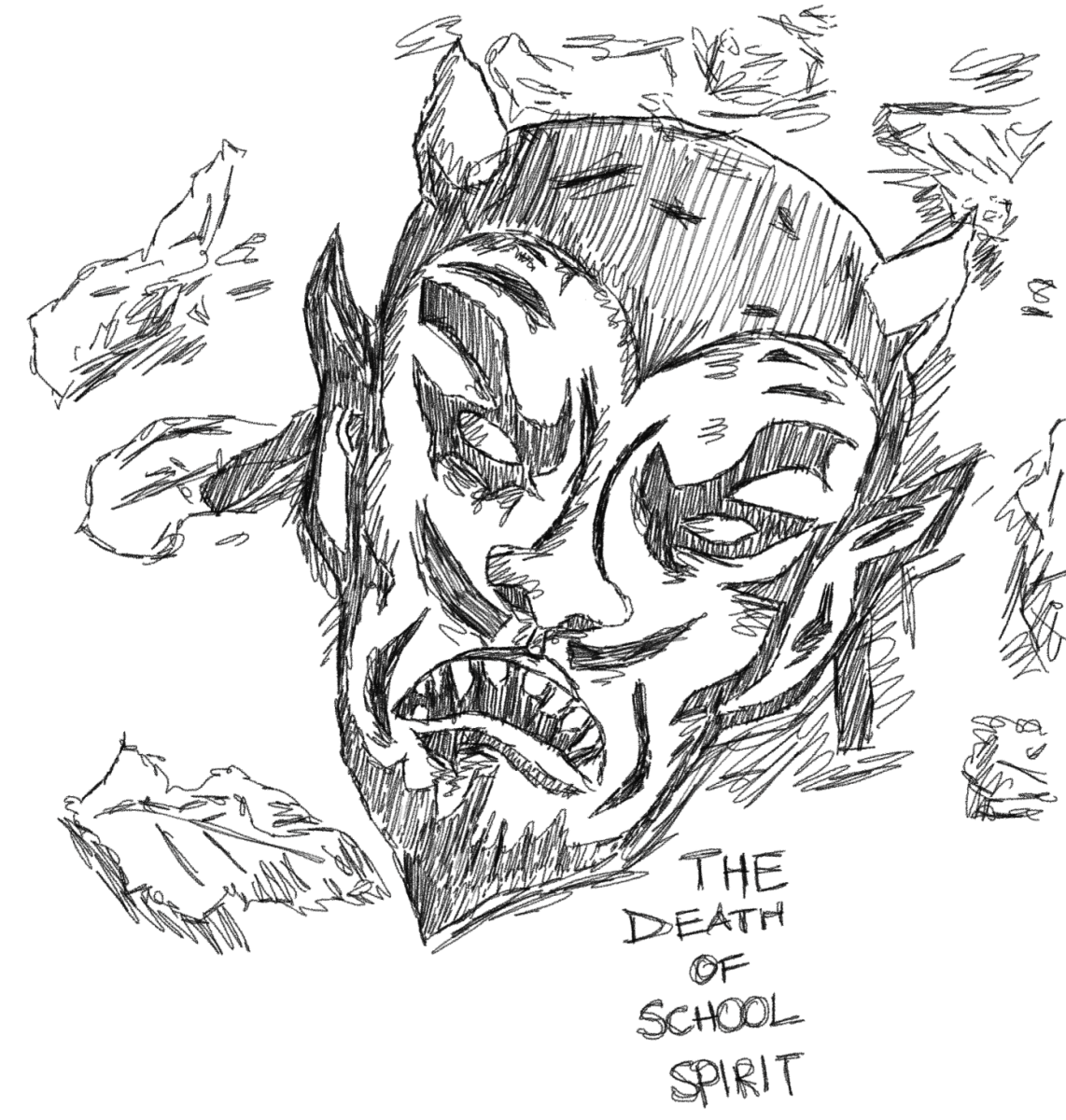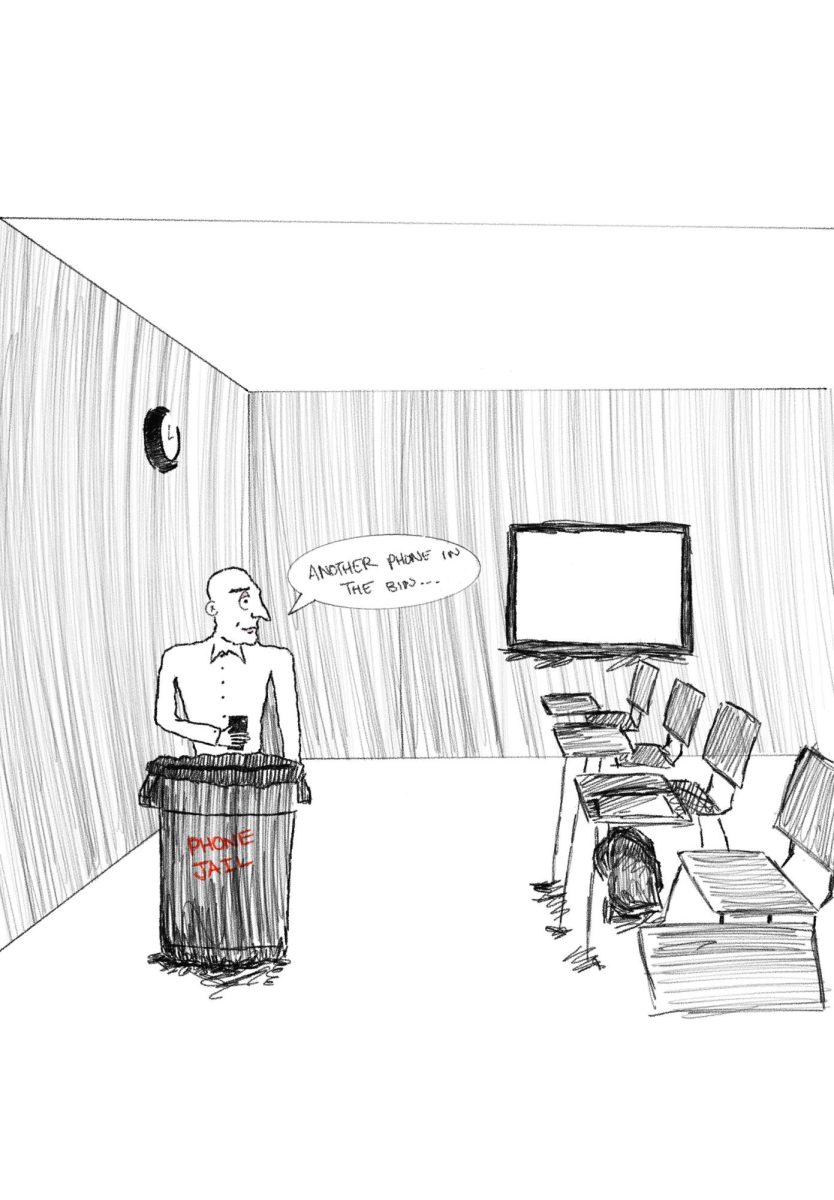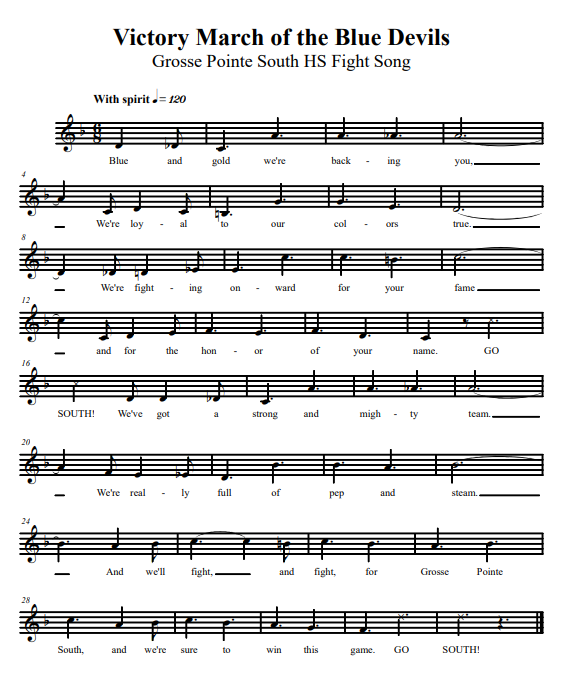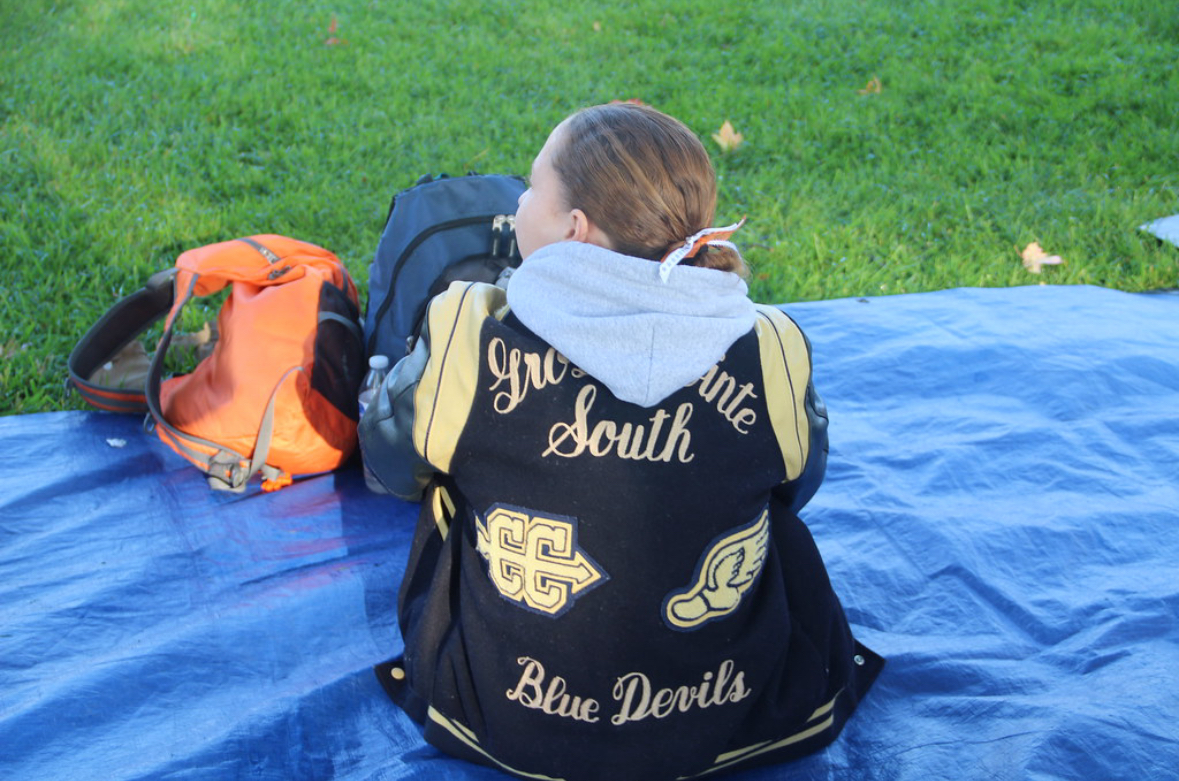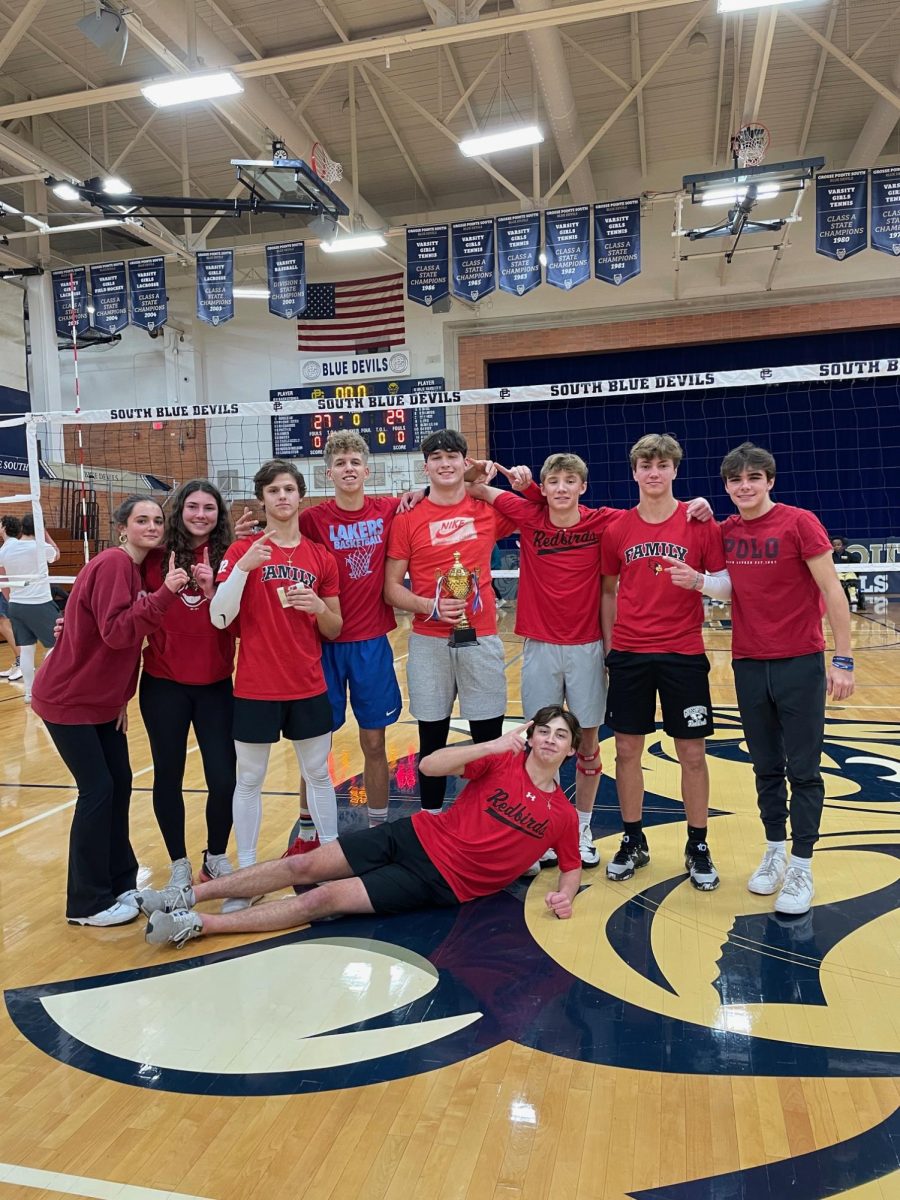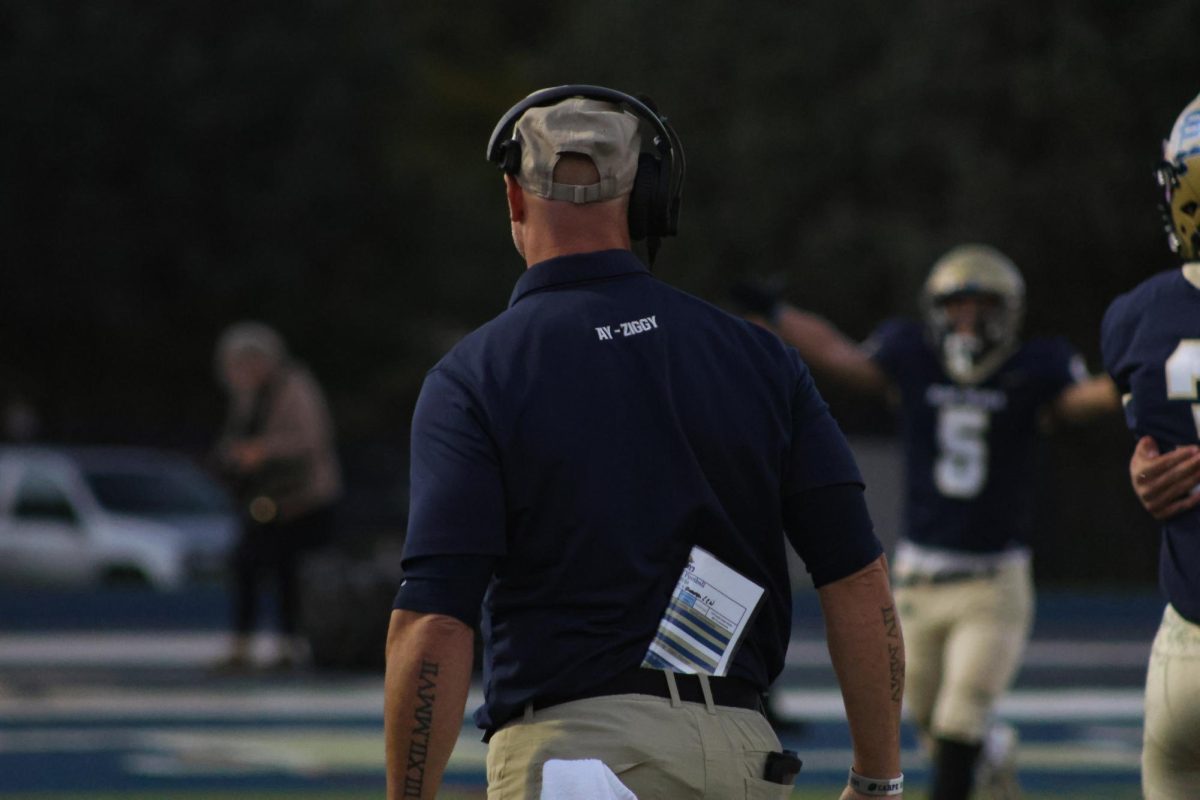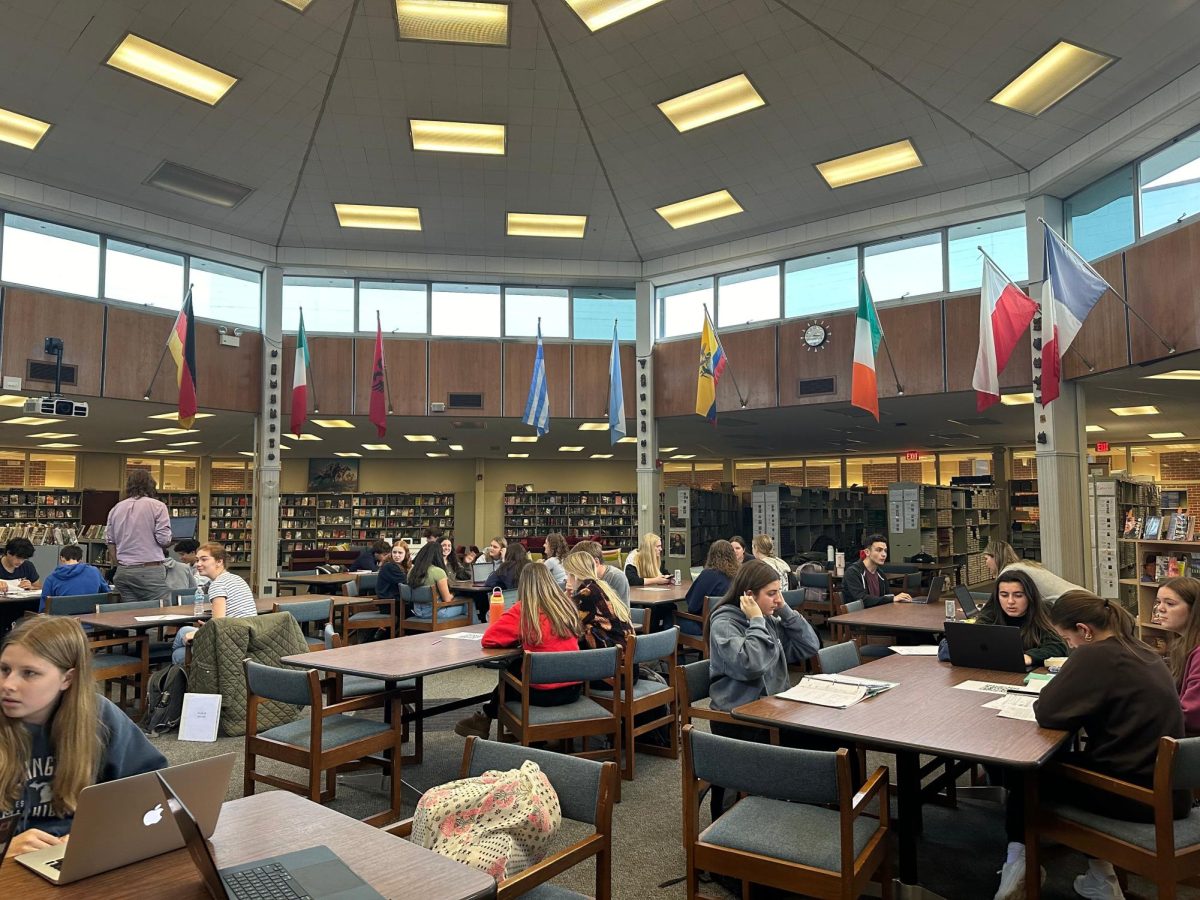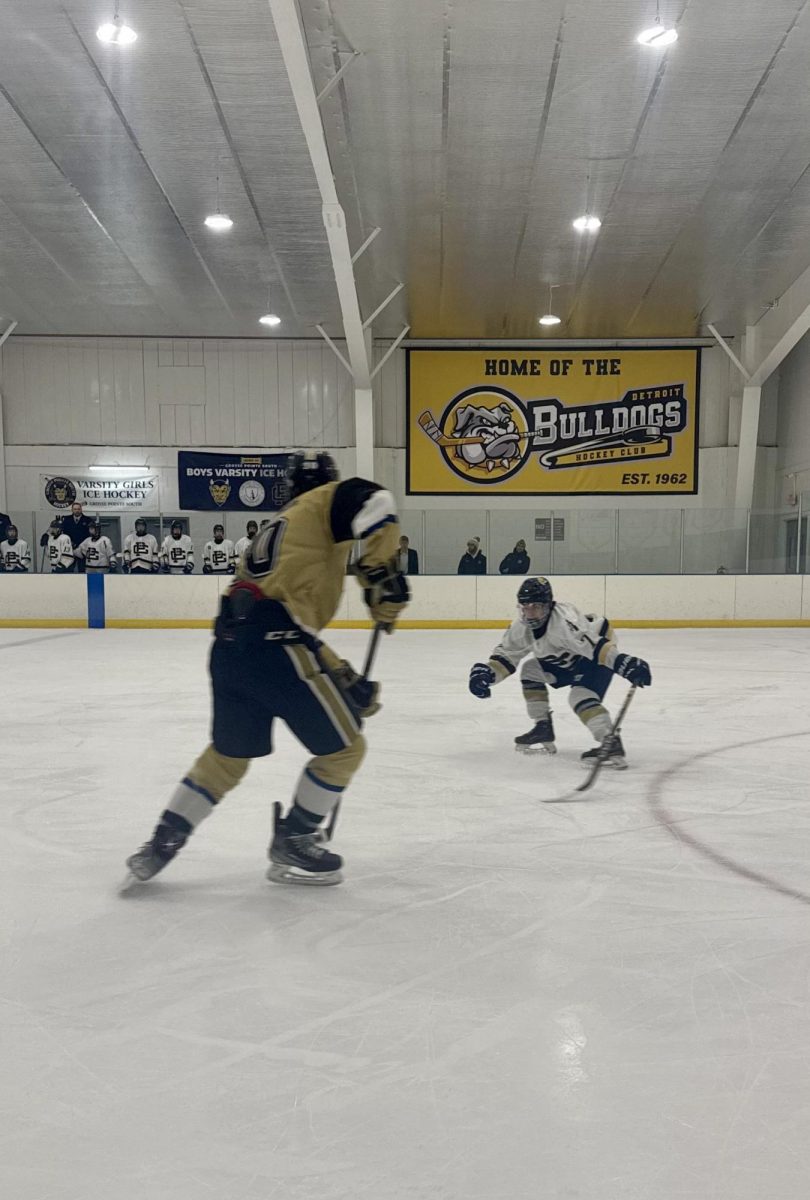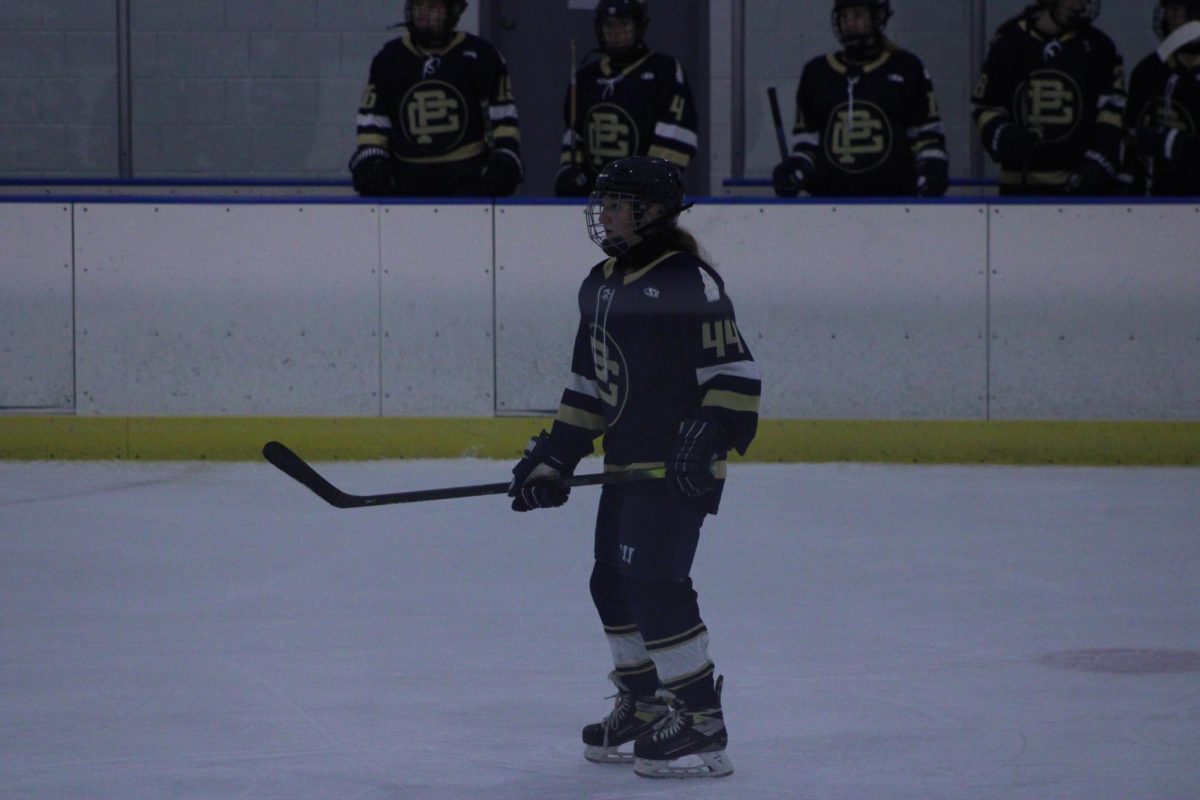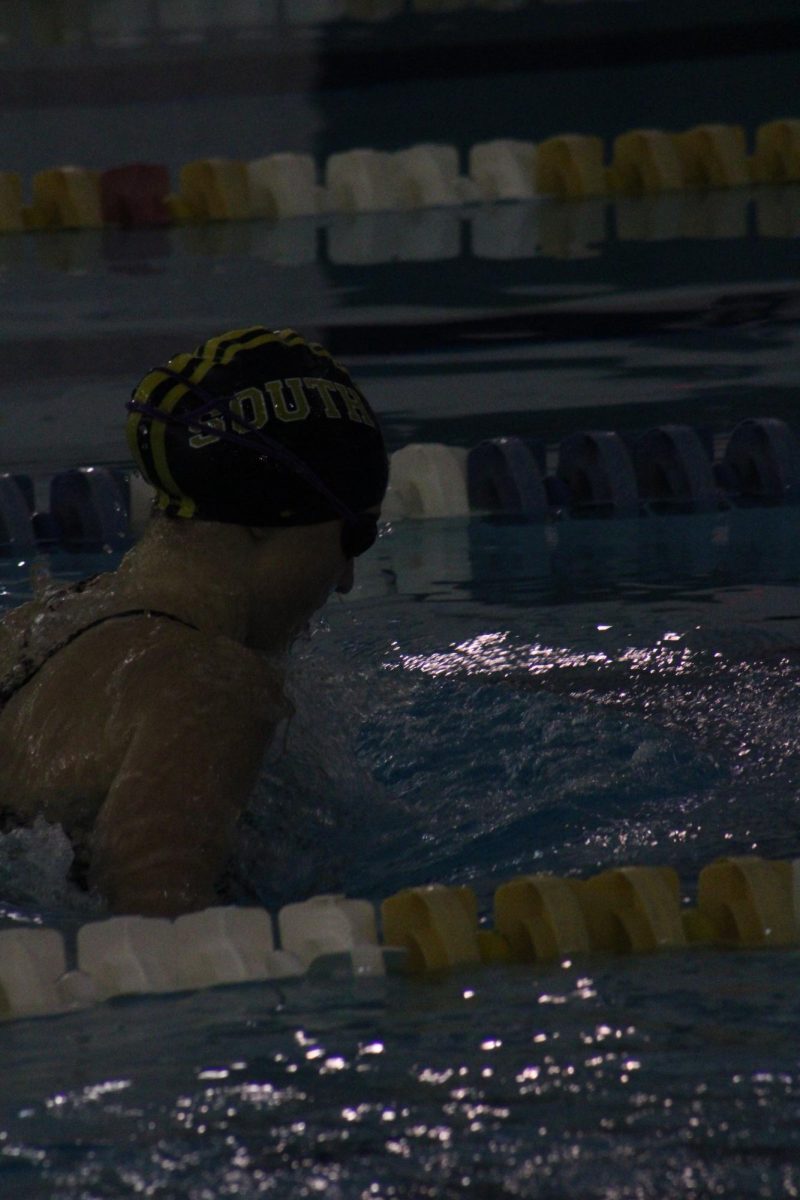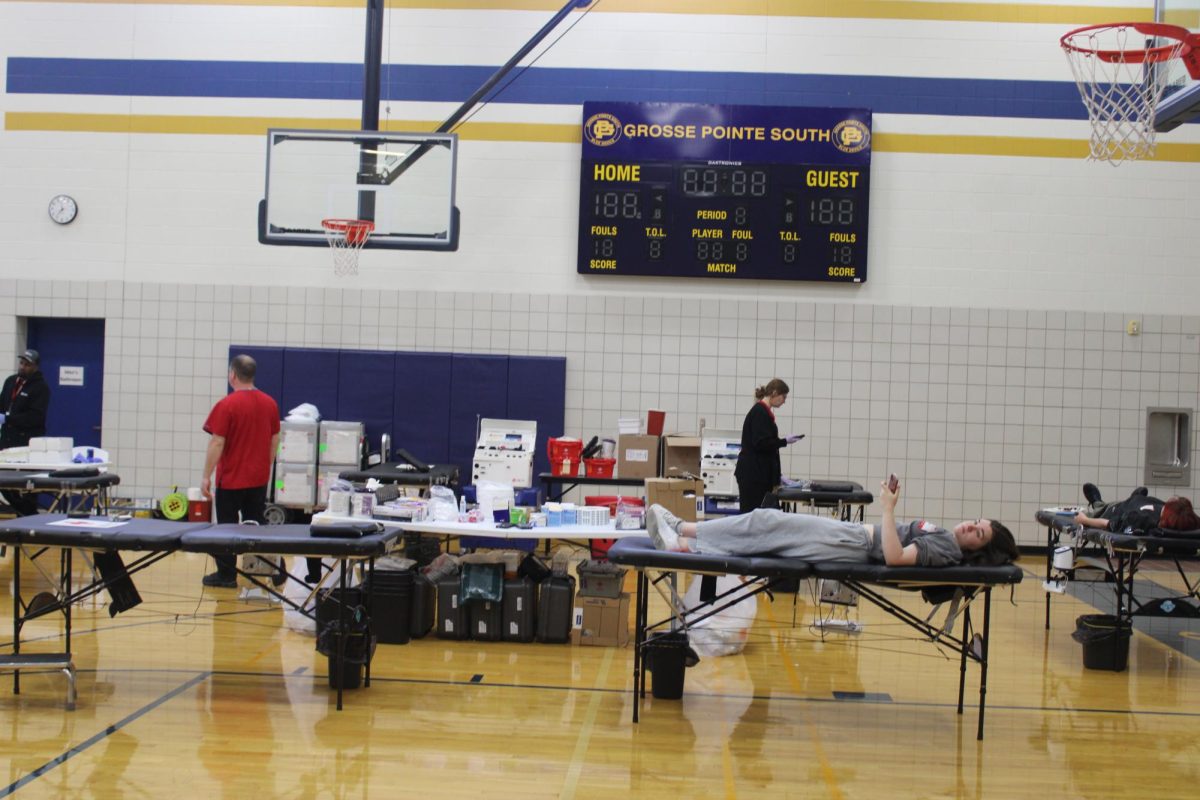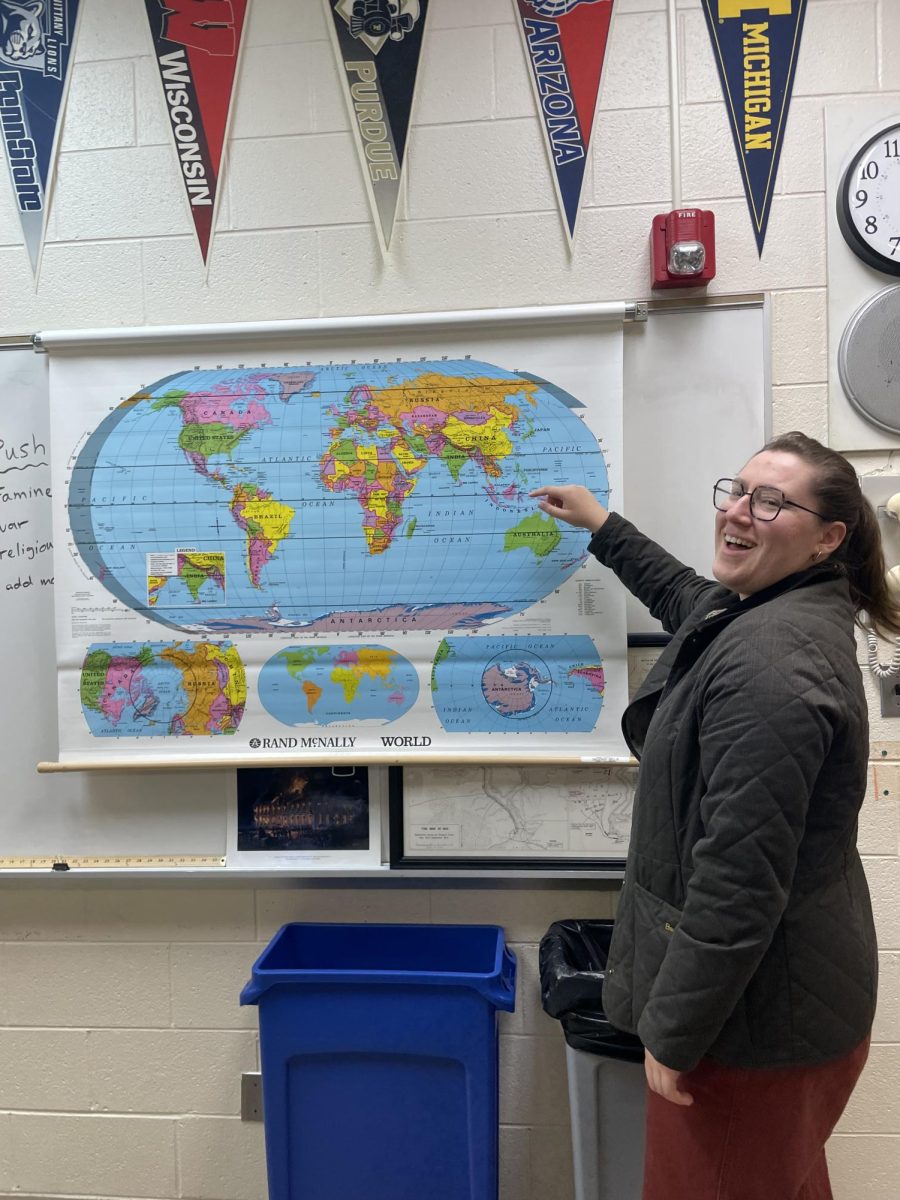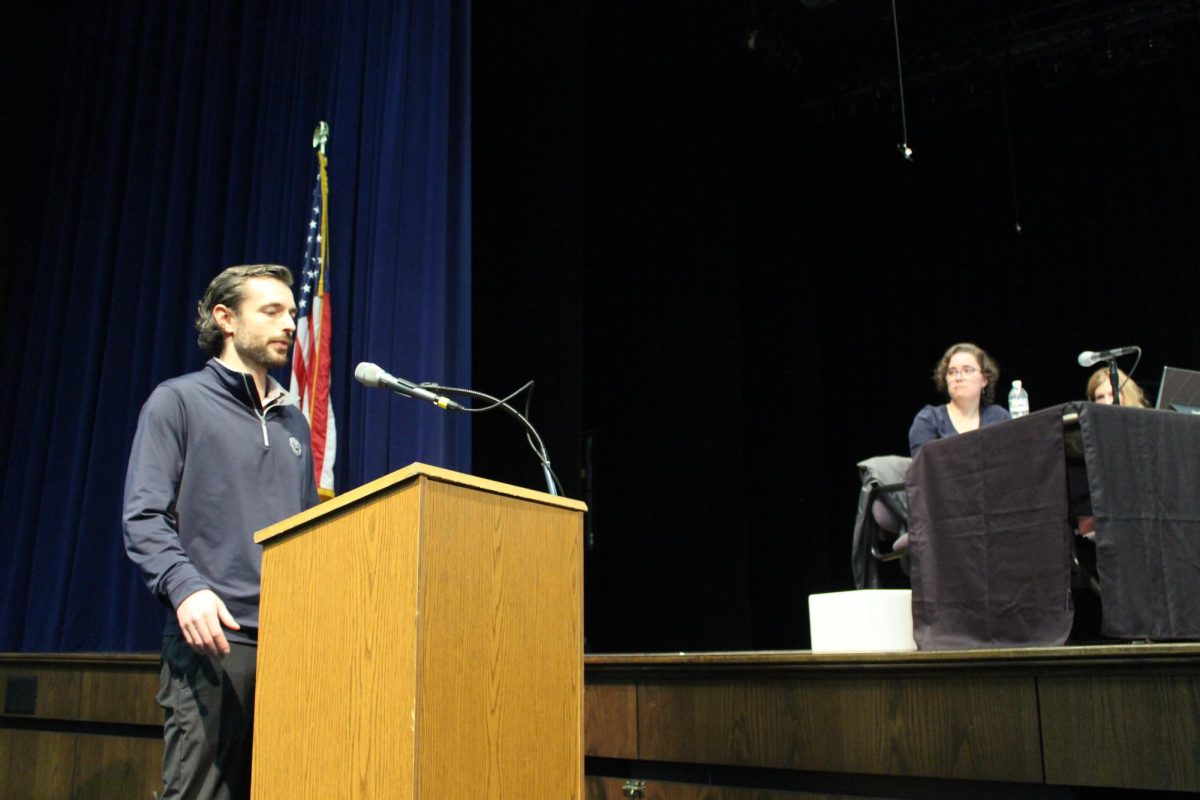By Emily Shea ’15 | Staff Writer
“I didn’t think she was going to die the entire time. I thought she was going to be OK,” said Kylie Capps ’14. “I mean I saw how bad she was, but I was 15 and even though that seems old enough to understand what cancer is, I didn’t because I thought she was going to get better. I didn’t understand how severe it was, so even though she got worse, I thought it would turn around in the end.”
Capps lost her mother to pancreatic cancer during her freshman year of high school.
“All I wanted to do was be with my friends because I could get away from home. When I was away it felt like she was still here and was still healthy and when I was home, obviously, it was in my face that she was not healthy and not doing well,” said Capps.
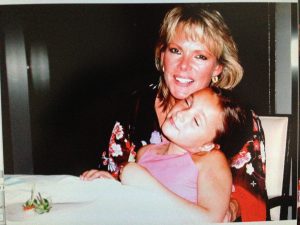
Kapps, who lost her mother to pancreatic cancer as a freshman, said that she was not ready to be involved in extracurricular activities while her mother was fighting cancer, but did find comfort in the company of friends.
Every student is affected in a different way by a parent’s illness, Doug Roby said.
According to Cancer Research UK students, “may become anxious, angry, moody, depressed or pretend that they are coping very well when inside they are feeling very scared and lonely.”
The stress of having a sick parent can weigh heavily on high school students’ hearts as well as their schoolwork and grades, Roby said. In some cases, it can also affect their performance and participation in extracurriculars.
“Attention and focus are affected,” said Roby. “If things are not going well, they (students) are preoccupied with it, which then impacts their performance.”
A student’s school schedule alone can be chaotic but adding extracurriculars and a sick parent can take up a lot of extra time as well, Dr. Carrie Dul, a medical oncologist said.
“What it (the illness) did affect was that I didn’t do any extracurriculars because I was a freshman at that time she was sick, so I didn’t want to do anything extra, I wanted to be available to her,” said Capps. “After that, sophomore and junior year, I was still coming out of it and understanding everything and I didn’t get into anything because I wasn’t ready to.”
Although people think having a parent with cancer is uncommon, it is more usual than some may think, Dul said.
A medical oncologist treats cancer patients with medical therapies, which could include chemotherapy or biological therapy. They also take lifetime follow-ups and management of people diagnosed with and in remission from cancer, according to the National Cancer Institute.
“It creates a huge stress for my patients because now they find some of the treatments can take away energy and are faced with a lot anxiety about what the outcome will be and some of the side effects limit their ability to keep up with all of those activities,” said Dul.
According to Dul, the high school students themselves take on a lot, adding stress to both their parent and themselves. Although some students may not be able to handle extracurriculars at the time of their parent’s sickness, other students may take more on, as a coping mechanism.
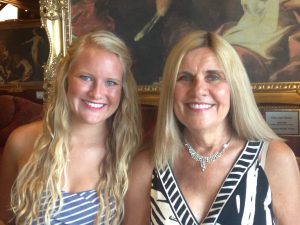
Although it proved to be difficult at times, Barbour was able to balance several after school activities and help her mother out while she underwent treatment for breast cancer last year.
Kimberly Barbour ’14 said she could take on many activities, such as orchestra and Student Council and help out with her mother, who fought breast cancer last year.
“I am never not busy so it was just normal,” said Barbour. “After going through it with my dad, it didn’t seem nearly as difficult with my mom because she wasn’t dying. I guess I was just used to going on with life as if there was nothing different happening at home.”
After losing her father from pancreatic cancer when she was a freshman, Kimberly can relate to Capps’ stress, although they handled it differently.
Even though she had so many things to keep up with, Barbour’s mom supported Kimberly when she could. If treatment times were clashing to the many things Barbour does, she says it could be troubling for the family.
Sydney Stann ’17 also struggles with the time management that comes with having a sick parent.
Stann’s mother is currently battling breast cancer.
Involved in the girl’s varsity hockey team and adjusting to life as a high school student, Stann knows the struggles that come with balancing a sport and a parent’s illness.
“Sometimes my mom isn’t able to make some of my hockey games, so I have to depend on teammates for carpools,” said Stann.
Having a sick parent is a general worry but in class it can be a huge distraction to a student’s mind, according to counselor Troy Glasser.
“You are constantly thinking about it because it is in human nature, I think unfortunately, and so when people think of cancer they think death,” said Glasser. “So if you always have that on your mind, you never perform to your full potential because you have some interference.”
Some students handle the stress differently, but surrounding yourself with good people and positive attitudes can help the healing process, Glasser said.
“Two of my friends, were actually there when my mom died,” said Capps. “They came to the hospital with me because I knew she only had 24-48 hours at that point and right when we walked in she died, so they were there for me.”
Surrounding oneself with great people has the impact to change a person’s outlook on the whole situation. They are able to cope more easily under the circumstances, Roby said.
Three years after her mom’s death Capps is able to realize the good things that came out of her mother’s life and battle with cancer.
“I was never close with my dad.” said Capps, “I never would have gotten to know my dad and I think it’s part of her reasoning, so that I could know him better. I know him a lot better than I did before and I wouldn’t have gotten that chance if she were still here.”
Of course, depending on the student and their situation, they will cope differently. Because cancer moves through stages, dealing with the disease comes with ups and downs and students have to learn how to deal with the changes, but sometimes outlooks can change, too, Roby said.
“I started to see more of the good things that would come out of it,” Capps said, “when it first happened I was mad, I didn’t understand why it would happen to her or our family. Some people stay angry, some people accept it but don’t get anything from it and for me, I just try to see the good things that come out of it,” Capps said.
To read about how Emily Shea ’15 and her family dealt with the news of her mother’s cancer diagnosis, visit here.


